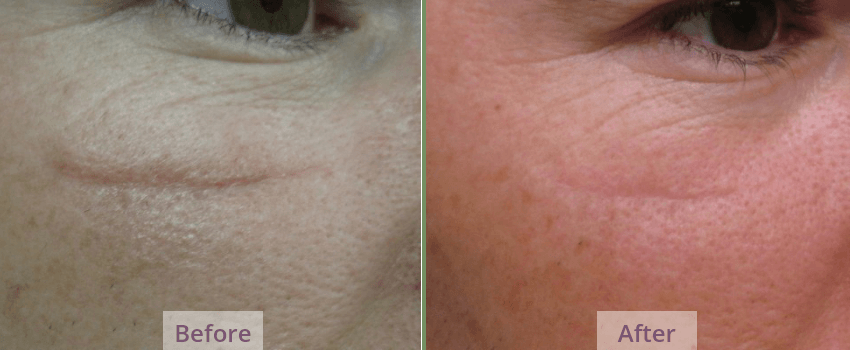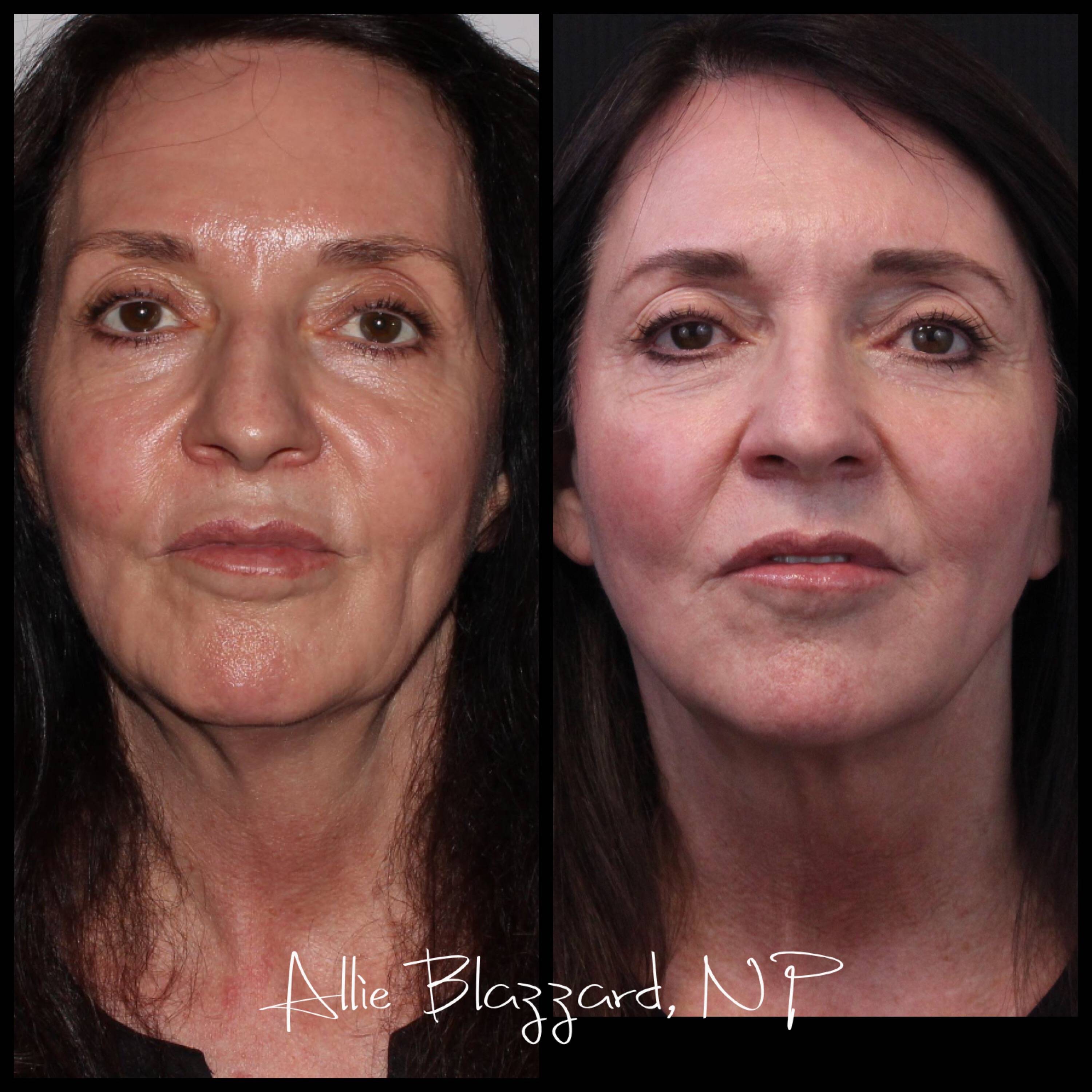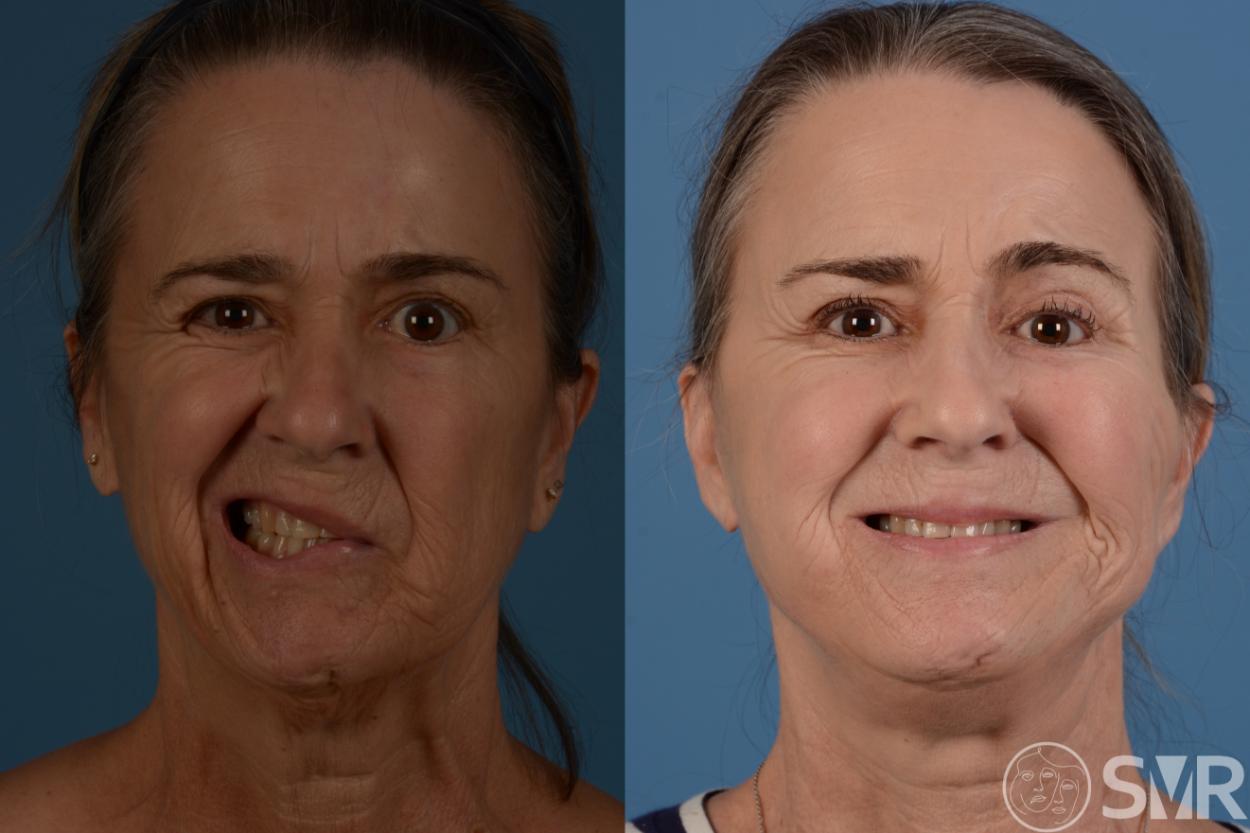
Breast implants cancer is rare, but it can happen. This type of cancer results from long-term inflammation due to bacterial infection. This article will discuss the symptoms and treatment options for women who have this condition. The following are the treatment options for breast implant cancer patients. Despite the risk of this condition, most women who have breast implants will be free from any complications.
BIA/ALCL is a breast cancer involving breast implants
If you're considering getting breast implants, you should know what to expect. Breast implants cancer can cause lumps and asymmetry as well as pain. This may be due to BIA-ALCL. It is most common to develop between 7-10 years and 10 years after the procedure. While a mammogram may detect breast cancer, BIA-ALCL is not always detected.
ALCL can happen anywhere in the body. It is most often found under the skin or in the lymph nodes. BIA-ALCL is a subtype that forms around breast implants and scar tissue. Although surgical removal may be required to treat this form of cancer, early detection can prevent its devastation. The disease can usually be treated if diagnosed early.

It is rare
Although the risk of having breast implants is very low, it is possible to get certain types cancers from implants. Breast implants may be linked to Anaplastic Large cell Lymphoma which is a rare type of cancer. The disease affects the immune system and may develop years after the implants are placed. Fortunately, it is curable once diagnosed and treatment options are many. If you feel that your breasts are becoming asymmetrical, painful, or swelling, it is best to consult your doctor.
Although it is not known if breast implants can cause breast cancer, it is possible that implants may be a contributing factor. For women who have had implants, the FDA has issued a warning. The disease is rare, despite the low chance of developing it. The UK's health regulator states that one in twenty-four women is at risk of developing ALCL. Experts believe the true rate is closer to eight or ten percent, and the majority of cases are undiagnosed.
It is caused from a long-term inflammatory reaction due to bacterial contamination
It has been implicated in the development of breast implant-associated anaplastic large cell lymphoma. Bacterial contamination of breast implants is an ongoing process involving multiple biological pathways that switch the implants from a pathologic to benign state. Breast implants are considered clinically healthy unless infected by bacteria. However, this could change due to an inflammatory response to biologic signaling. An infection with this bacteria may lead to the formation of a double capsule around the implant.
Capsular contraction is a prolonged inflammatory response to bacteria contamination of breast implant capsules. The most likely cause is biofilm. It's a thin layer of bacteria found around the implants. Capsular contracture risk is increased by infection. Many breast implants do not comply with medical guidelines, resulting in a sloppy appearance for many women after breast augmentation.

Options for treatment
Breast implants cancer can be treated in a variety of ways, including replacement and removal. These procedures are highly recommended for breast cancer patients. They preserve the natural shape and function of the breasts. These procedures may not be appropriate for all women. They should be avoided by women who are pregnant, have connective tissue disease or suffer from diabetes. They also have longer recovery times. Radiation therapy is sometimes recommended but may not prove to be effective for all patients. Breast implants are often curable. But there are many factors you should consider before undergoing breast surgery.
FDA is currently investigating complaints about breast implants. Rough-textured breast implants have a higher risk of lymphoma, an immune system cancer. The risk has been estimated by the FDA to be 1 in 3,000 to 1 per 30,000 patients. The type of textured implant used and its manufacturer may have an impact on the number of cases. For this reason, the FDA does not recommend removing any breast implants.